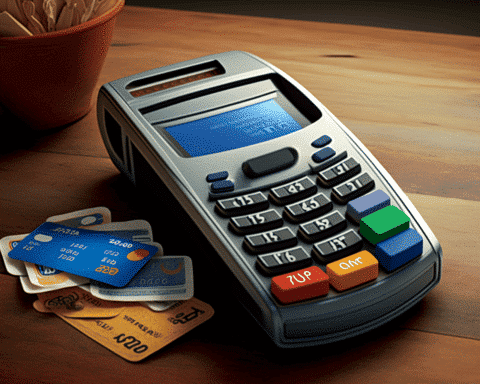Paying bills on time is a financial responsibility that many of us strive to uphold. However, occasional slip-ups can occur, especially when it comes to managing credit card payments.
Forgetting to pay your credit card bill on time can have various consequences that impact your finances and creditworthiness.
In this article, we’ll explore the potential pitfalls and provide practical tips to avoid missing payments and safeguard your financial health.
Late Fees and Accumulating Interest
One of the immediate consequences of missing a credit card payment is the imposition of late fees. When your payment doesn’t reach the credit card issuer by the due date, you can expect to incur these additional charges, which can vary depending on the terms of your credit card agreement. To prevent these fees from piling up, it’s crucial to prioritize paying your credit card bill on time each month.
Furthermore, missing a payment or paying late can also trigger the accrual of interest on your outstanding balance. Credit card interest is typically charged when you fail to pay the full balance. The longer the delay in payment, the more interest you’ll accumulate. In some cases, credit card issuers may even apply a penalty Annual Percentage Rate (APR) to your balance, leading to even higher costs.
Credit Score Impact
Maintaining a good credit score is essential for future financial endeavors. Late credit card payments can have a negative impact on your credit score, potentially affecting your ability to secure favorable interest rates for loans or obtain new credit in the future.
While credit bureaus typically don’t report late payments until they are at least 30 days overdue, paying your credit card bill more than 30 days late can result in a negative mark on your credit report. Protecting your creditworthiness is crucial, so it’s important to make timely payments.
Helpful Tools to Avoid Missed Payments
To mitigate the risk of missed payments, credit card issuers offer helpful tools to keep you on track. Two such features include:
- Automatic Payments: Enabling automatic payments through your credit card account ensures that your bill is paid automatically on the due date. To avoid interest charges, it’s advisable to set up automatic payments for the full balance each month.
- Payment Reminder Alerts: If you prefer a more hands-on approach, payment reminder alerts can be set up through your online account. These alerts notify you before your credit card bill is due, allowing you ample time to make the payment.
Seeking Fee Waivers for First-Time Late Payments
If you find yourself making a late payment for the first time, it’s worth reaching out to your credit card issuer to request a fee waiver. Some issuers may be understanding and waive the late fee as a one-time courtesy. It’s always worth making the call and advocating for yourself.
When it comes to managing credit card payments, vigilance is key. By understanding the potential consequences of missing a payment, such as late fees and negative credit reporting, you can take proactive steps to avoid these pitfalls. Utilizing the tools provided by credit card issuers, such as automatic payments and payment reminder alerts, can help you stay organized and ensure timely bill payments. Remember, maintaining a good credit score and overall financial health is within your control by practicing responsible credit card management.




